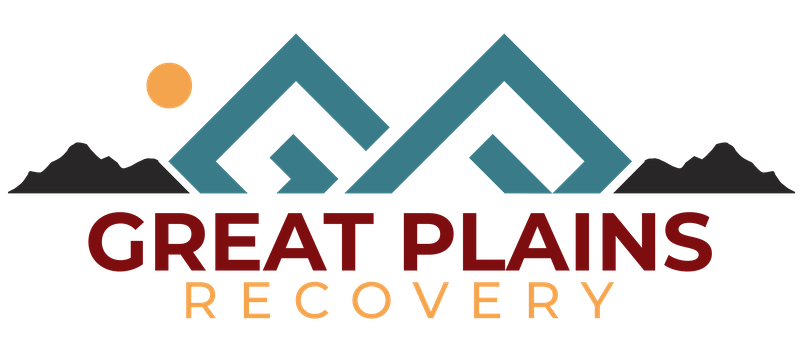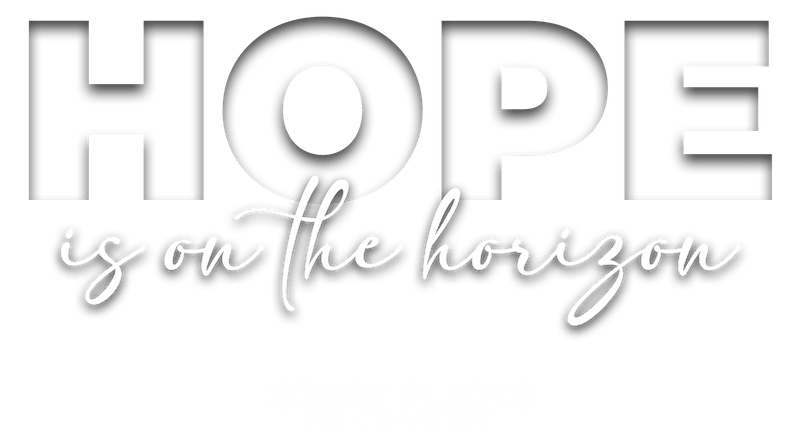January 10, 2025

Navigating the job market with a felony record can feel overwhelming, especially for individuals committed to maintaining sobriety in early recovery. At Great Plains Recovery Center, we believe in empowering our clients with the tools and resources needed to build productive, meaningful lives beyond substance use. This comprehensive guide sheds light on employment opportunities, legal rights, and practical strategies for felons in recovery throughout Oklahoma.
Understanding the Challenges Felons Face
Felony convictions often close doors to certain industries and create anxiety during background checks. It can be especially daunting for individuals in recovery, who already face the daily challenges of maintaining sobriety. However, with determination, support, and targeted resources, many felons successfully rebuild their lives and find stable employment.
Felon-Friendly Industries and Employers in Oklahoma
Oklahoma’s job market offers diverse opportunities for individuals with a record. In Tulsa and eastern Oklahoma, the following industries frequently consider applicants with criminal backgrounds:
- Construction and Skilled Trades: Many construction firms value hands-on skills over background checks. Short-term certifications in fields like welding or plumbing can enhance employability.
- Manufacturing and Warehousing: Industrial employers often have high demand for entry-level workers, focusing on reliability and a strong work ethic.
- Entrepreneurship: Some individuals choose to start their own businesses, leveraging local small-business development centers for guidance.
Several Oklahoma-based employers have partnered with reintegration programs to offer second-chance hiring opportunities. Networking through career fairs and local nonprofits can also help you connect with these forward-thinking organizations.
Successful Job-Search Strategies
- Network Effectively: Community organizations, career fairs, and online job boards can help you discover opportunities that align with your skills and recovery goals.
- Tailor Your Resume and Cover Letter: Emphasize relevant experience, transferrable skills, and any positive changes you’ve made since your conviction.
- Secure Professional References: Supervisors or mentors who can vouch for your dedication and growth can make a significant difference.
- Pursue Further Education or Training: Local trade schools, community colleges, and online programs offer certifications that bolster your employability.

From evidence-based treatment to career readiness support, our team is dedicated to helping you build a brighter, healthier future—free from addiction and full of promise
Addressing Criminal History During Applications and Interviews
Honesty is essential, but that does not mean you have to share every detail. When asked about your record:
- Keep It Brief and Factual: Explain the charge, but focus on what you learned and how you’ve grown since the conviction.
- Highlight Your Recovery Journey: Emphasize positive steps you’re taking, such as attending recovery meetings or completing a rehabilitation program.
- Stay Positive and Future-Oriented: Show that you’re committed to contributing to the company’s success.
Expungement Options, Ban-the-Box Laws, and Federal Bonding
- Expungement: Depending on the nature of your conviction, you may qualify to have your record sealed. Consult with a legal professional or contact the Oklahoma Bar Association for guidance.
- Ban-the-Box: Certain Oklahoma cities have adopted policies that prevent employers from asking about criminal history on initial job applications, giving you a fair chance to highlight your qualifications.
- Federal Bonding Program: This government-backed program provides employers with a no-cost fidelity bond, helping to reassure potential employers about hiring individuals with felony records.
Practical Tips for Building a Strong Resume
- Focus on Skills and Accomplishments: List both hard and soft skills—employers value reliability, teamwork, and communication.
- Highlight Relevant Certifications and Courses: Demonstrate ongoing education, such as online seminars, workshops, or local training programs.
- Use a Clean, Professional Format: Keep it simple, succinct, and proofread for any errors.
- Include a Personal Summary: Briefly describe your career objective and commitment to sobriety and personal growth.
Call to Action
If you or a loved one is in need of addiction treatment, call Great Plains Recovery Center at 844-918-3518 to learn about our comprehensive programs. From evidence-based treatment to career readiness support, our team is dedicated to helping you build a brighter, healthier future—free from addiction and full of promise.




